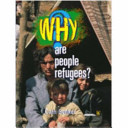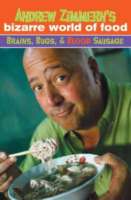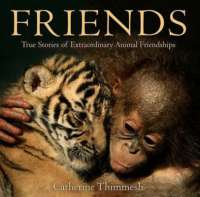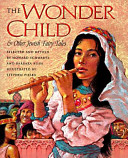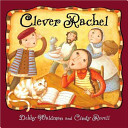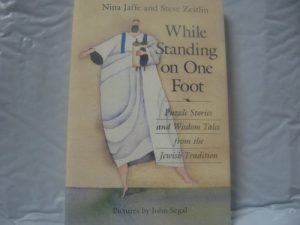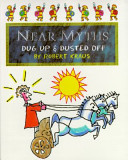All over the world, there is a wealth of fascinating traditions and legends surrounding the Christmas story. Here are five festive folk tales, retold by Saviour Pirotta, originating from places as far-flung as Mexico and the Middle East, Northern Europe and North Africa. Sheila Moxley’s vivid artwork adds to the seasonal spirit, making this a true celebration of Christmas, throughout the world.
Read how the lost little camel’s perseverance, resourcefulness and bravery led him back to his mother and baby Jesus’ manger; How an old Baker woman’s kindness and ingenuity saves the life of Baby Jesus and feeds a starving village; The story of a how a goatherding father and daughter, guided by angels, journey to meet the newborn Saviour and present him with weeds that have been transformed into beautiful red Christmas flowers; How selfless little Kumbi puts the needs of others before her own and is rewarded with a gourd of overflowing water to replenish supplies amid drought in her village; Lastly, a Russian variation of the Father Christmas story, where Babushka delivers presents to children from her bottomless basket of toys.
